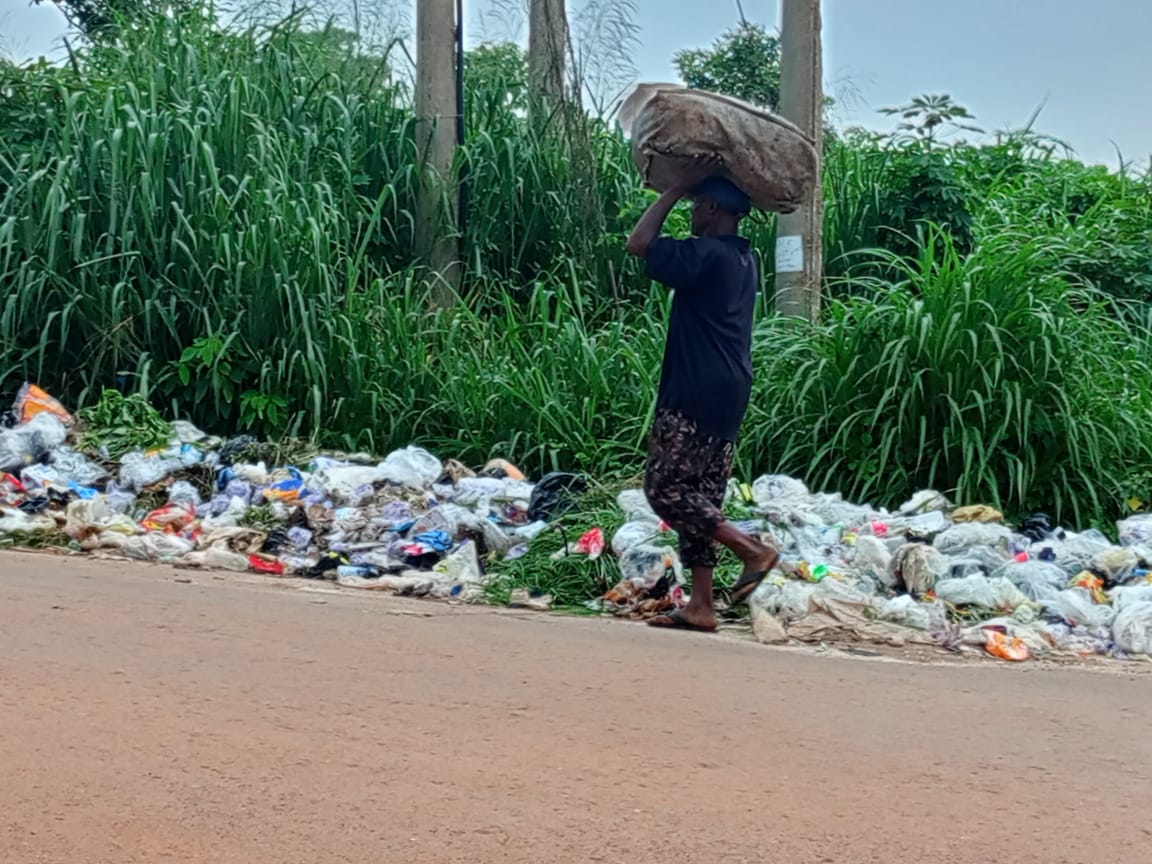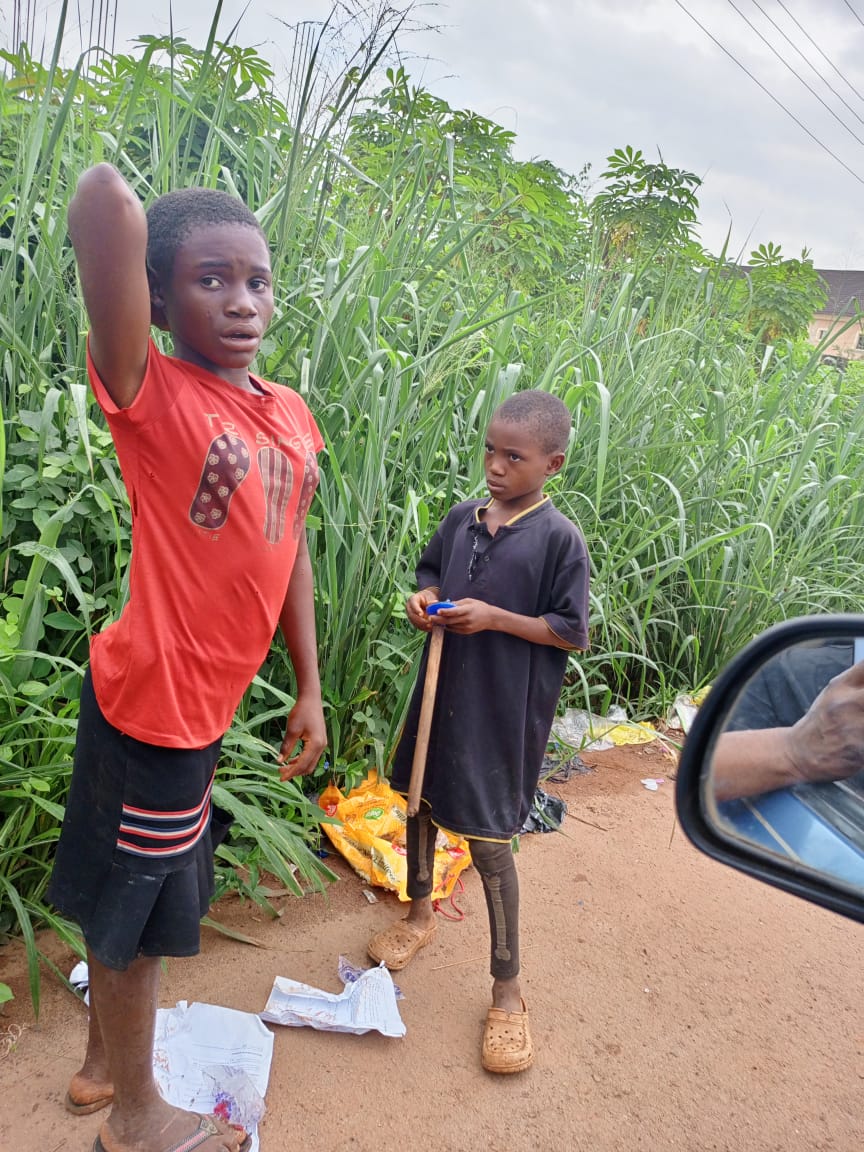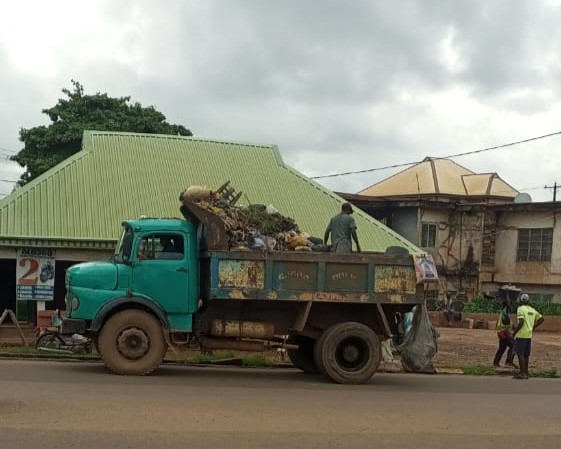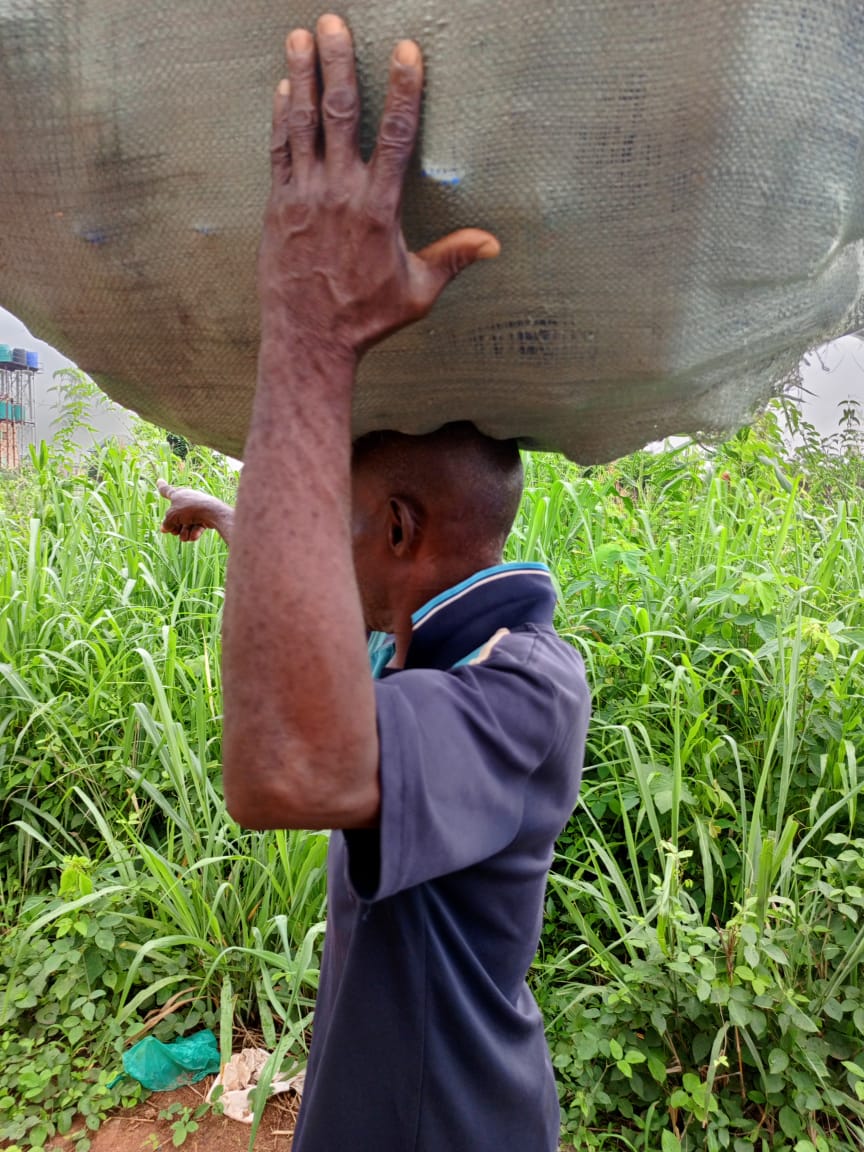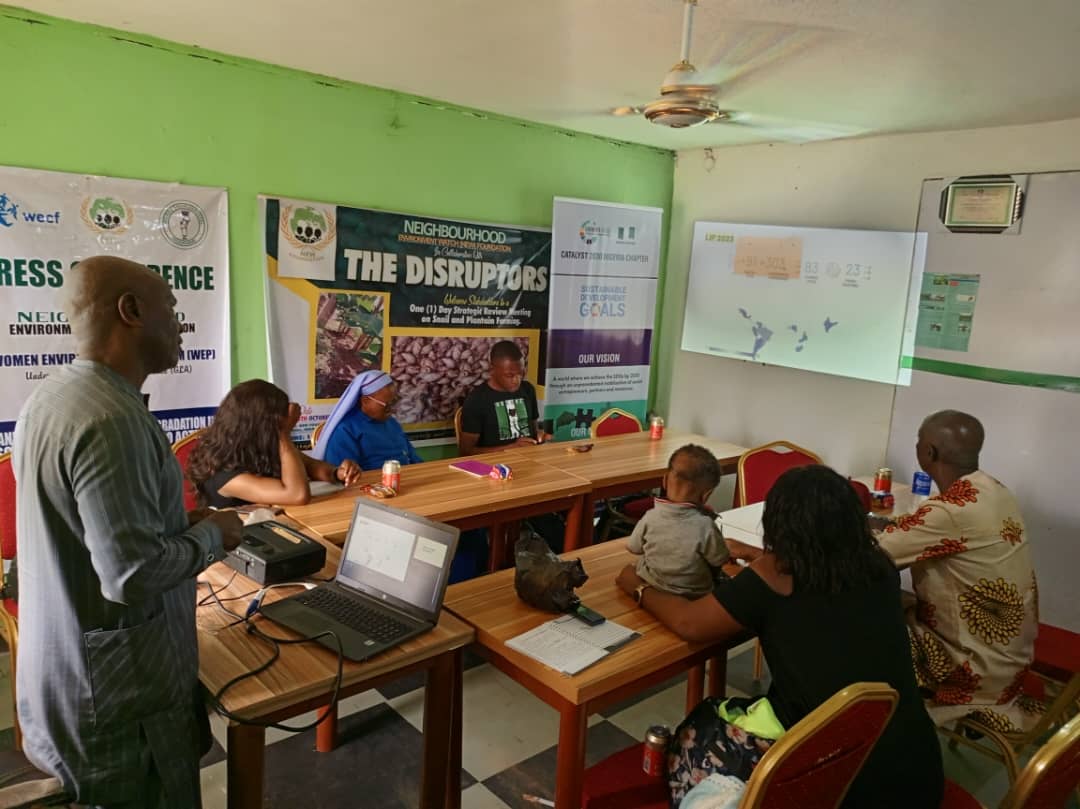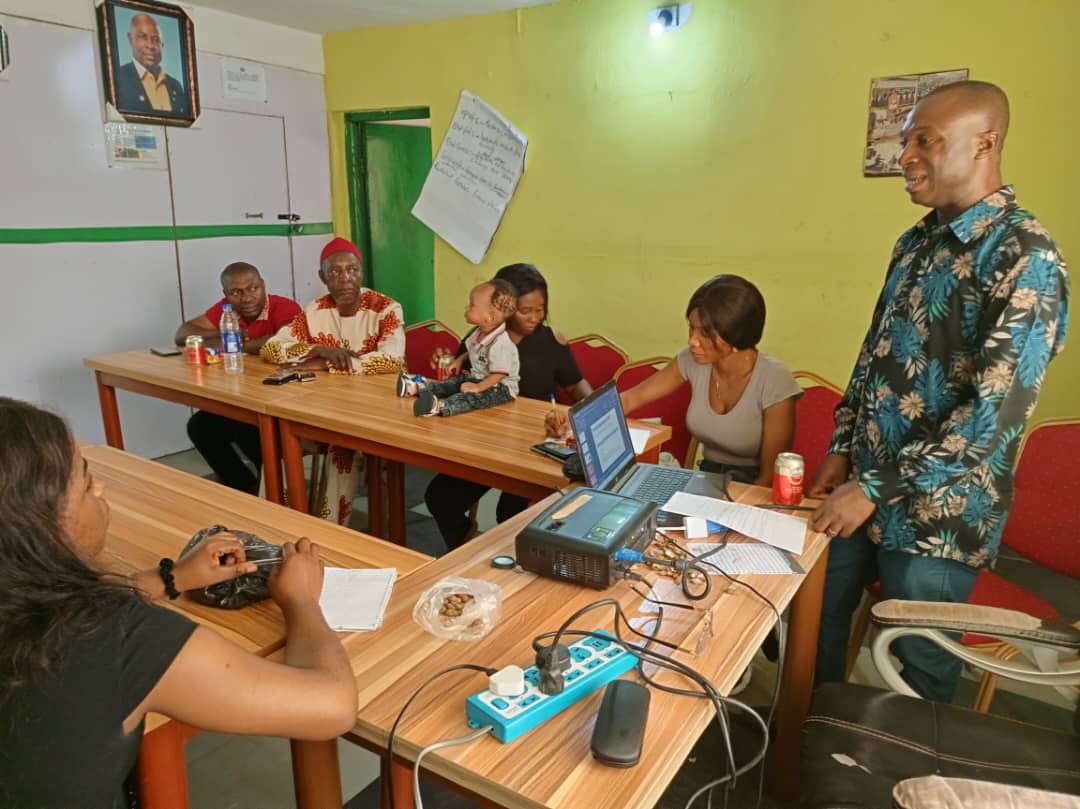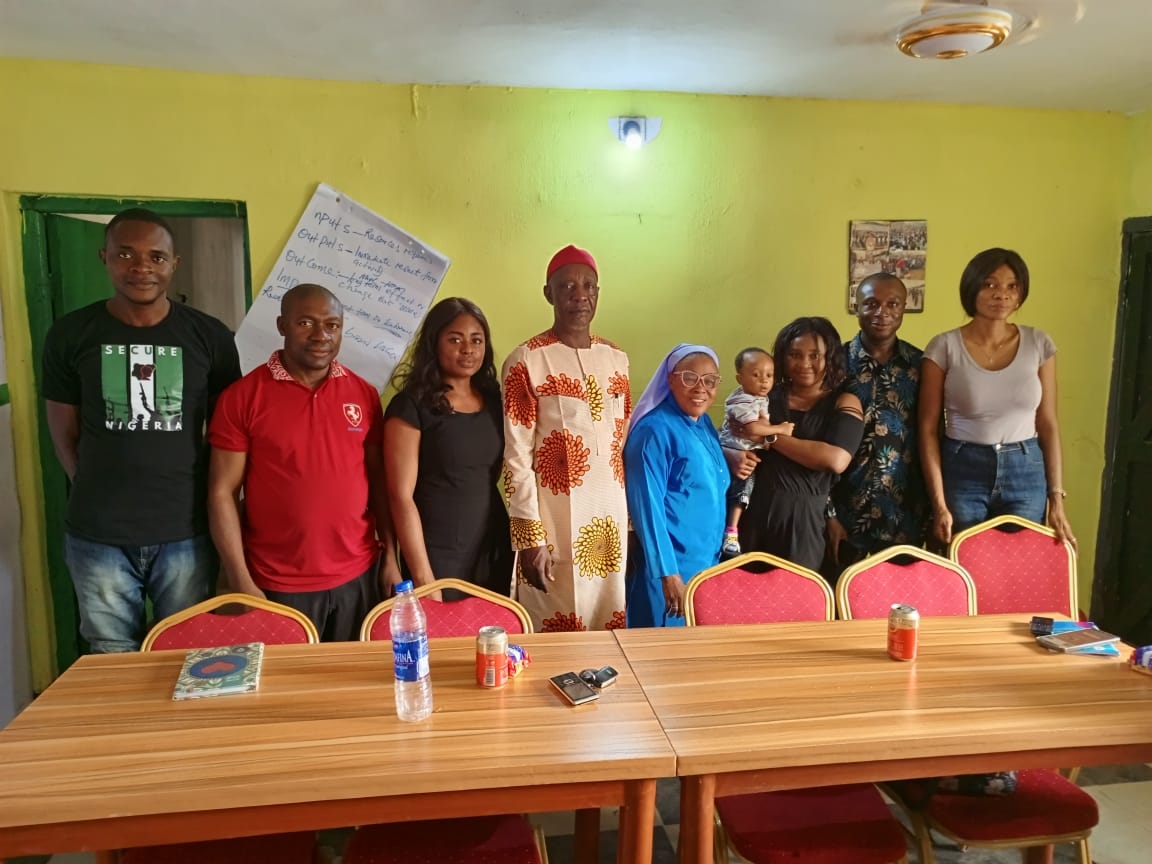Disruptors: Waste 4 Wealth Frontliners
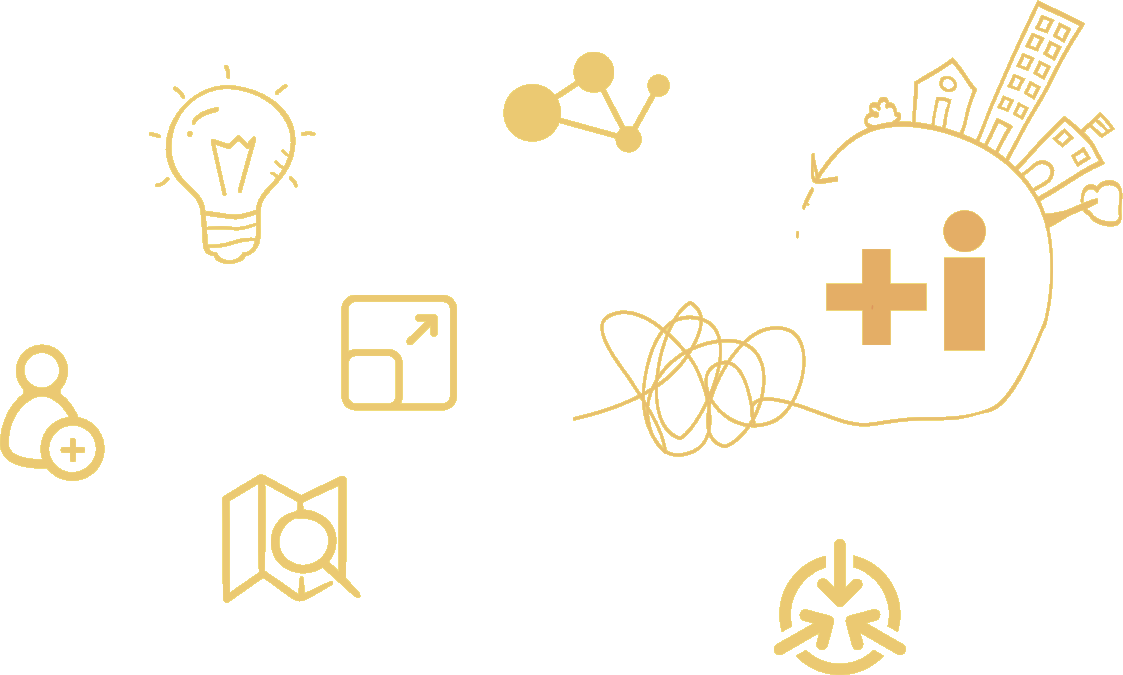
Municipality
Category / Sub-Category / Topic
Environment, Waste management
Type of investment needed
Grant
The challenge
The project
Know more...
Investment
(*): In kind/pro bonus
(**): Financing
Funds
Needed
Covered
Solicited
Investment
(*): In kind/pro bonus
(**): Financing
Printing of Training manuals on SWM (**)
u$s 1200.00
u$s 0.00
u$s 1200.00
Fliers and posters with messages on solid waste management (**)
u$s 200.00
u$s 0.00
u$s 200.00
Printing of Flex Banner (**)
u$s 50.00
u$s 0.00
u$s 50.00
Production of Jingles on Solid Waste Management (**)
u$s 400.00
u$s 0.00
u$s 400.00
Airing of Jingles on 2 radio stations (**)
u$s 600.00
u$s 0.00
u$s 600.00
Hiring of PAS (**)
u$s 150.00
u$s 0.00
u$s 150.00
Development of Training Manual (**)
u$s 500.00
u$s 0.00
u$s 500.00
Small scale Model waste Recycling plant building (**)
u$s 5600.00
u$s 0.00
u$s 5600.00
Honorarium for 5 Resource Persons (**)
u$s 450.00
u$s 0.00
u$s 450.00
Transportation (**)
u$s 800.00
u$s 0.00
u$s 800.00
Funds
Needed
Covered
Solicited
Impresión de manuales de capacitación sobre gestión de residuos sólidos (**)
u$s 1200.00
u$s 0.00
u$s 1200.00
Folletos y carteles con mensajes sobre gestión de residuos sólidos (**)
u$s 200.00
u$s 0.00
u$s 200.00
Impresión de pancartas flexibles (**)
u$s 50.00
u$s 0.00
u$s 50.00
Funds
Needed
Covered
Solicited
Producción de jingles sobre gestión de residuos sólidos (**)
u$s 400.00
u$s 0.00
u$s 400.00
Emisión de jingles en 2 emisoras de radio (**)
u$s 600.00
u$s 0.00
u$s 600.00
Contratación de sistema de megafonía pública (**)
u$s 150.00
u$s 0.00
u$s 150.00
Desarrollo de manual de capacitación (**)
u$s 500.00
u$s 0.00
u$s 500.00
Construcción de planta de reciclaje de residuos a pequeña escala (**)
u$s 5600.00
u$s 0.00
u$s 5600.00
Funds
Needed
Covered
Solicited
Honorarios para 5 personas (**)
u$s 450.00
u$s 0.00
u$s 450.00
Funds
Needed
Covered
Solicited
Transporte (**)
u$s 800.00
u$s 0.00
u$s 800.00

